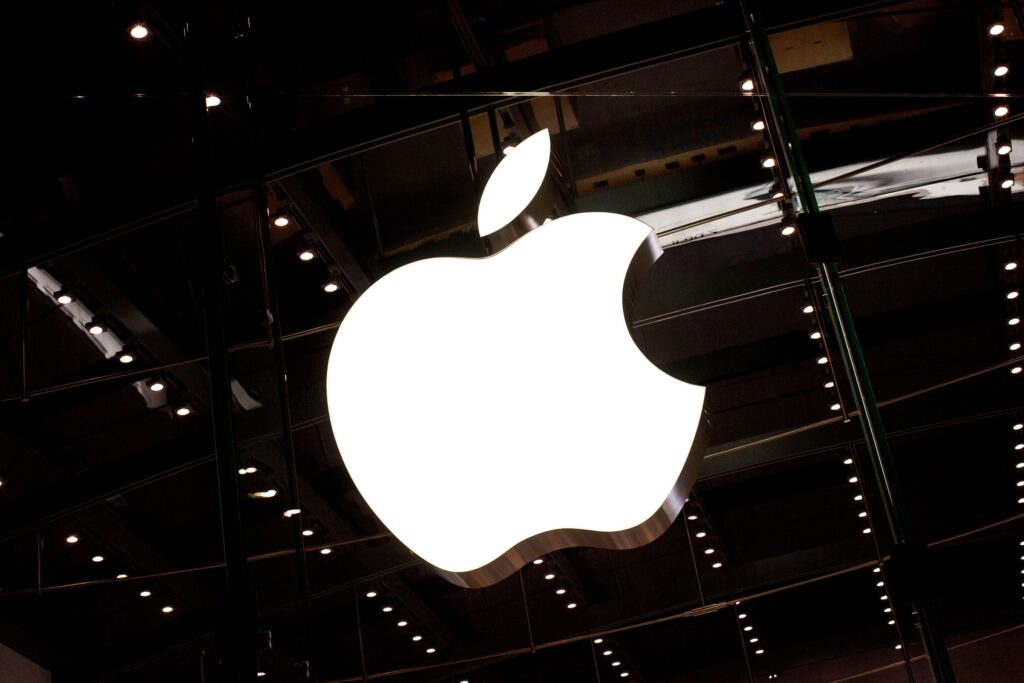Alphabet (NASDAQ:GOOGL) shares fell 2.7% yesterday on the New York Times report that the world’s largest smartphone producer Samsung (KS:005930) is considering replacing the company’s search engine with Microsoft’s (NASDAQ:MSFT) Bing.
Barclays analysts forecast that Samsung represents about $20 billion of Google’s gross revenue and $7.3 billion of operating income (9% of ’23 total OI).
For BofA analysts, Apple (NASDAQ:AAPL) could be the beneficiary of the AI search wars. They estimate that Google also pays Apple about $20B for its search to be the default search engine across iOS devices.
“The rise of Microsoft as a potential alternative to Google gives Apple more bargaining power to better monetize what is an extremely attractive Installed Base of over 2bn Apple devices,” the analysts said in a client note.
They believe Apple will use the Bing rumors to re-negotiate with Google for better terms and ask for a higher amount per search.
“We estimate that Apple already gets around 80% of TAC to distribution partners.”
BofA analysts also said that switching from Google to Microsoft is not without risk for Apple.
“If users continue to choose Google over Microsoft (basically change the default search option to Google from Microsoft), the volume of search for which Apple gets paid will decline. A higher rate per search might not offset the share loss in aggregate search. Further, if Google can monetize the search at a much higher level, it could be hard for Microsoft to compete for the contract (margin loss near term vs. a view of a strategic long term),” they added.
Finally, the analysts also weighed in on the Department of Justice’s investigation into Google’s potential monopoly on mobile search. They believe that the rise of Bing, as well as Samsung rumors, “creates a marginally tougher case to establish Google’s monopoly on mobile search.”
“If the DOJ were to drop this investigation, we view it as net favorable for Apple as it removes a tail risk of high margin payments getting compromised,” the analysts concluded.



